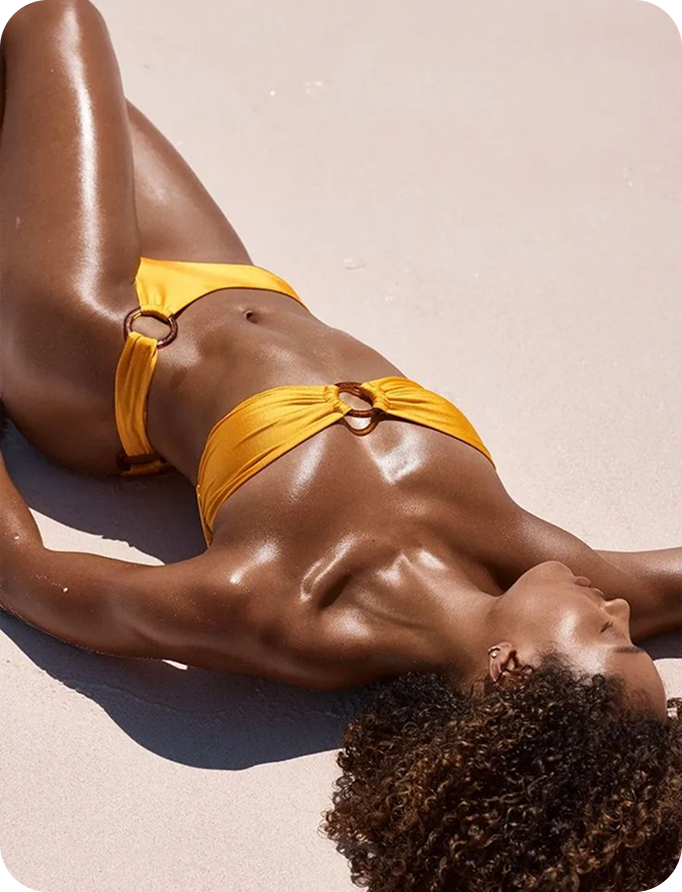Table of Contents
So, you’ve finally found the holy grail of skincare, retinol. You’ve heard it smooths fine lines, fades dark spots, clears breakouts, and even helps tighten your skin. But then summer rolls around and you’re left wondering: “Do I really have to stop using my retinol just because it’s hot and sunny out?”
Great question. The short answer: No, you don’t have to break up with retinol in the summer, you just need to use it smarter.
Retinol (aka Vitamin A) is one of the most powerful anti-aging ingredients out there. It speeds up cell turnover, boosts collagen, unclogs pores, and makes your skin glow. But yes, it can make your skin a little more sensitive to the sun. That doesn’t mean it’s off-limits — it just means we have to play it safe
Since this is a skincare concern we hear all the time at Juvly, we asked our expert team to clear up the confusion!

Hair loss happens when this cycle is disrupted, often due to genetics, aging, stress, medications, nutrition, or scalp conditions. The most common type, androgenetic alopecia (male and female pattern baldness), occurs due to hormonal and hereditary factors.
— Lead Aesthetician, Jada C., LME
Absolutely — as long as you wear SPF (religiously) and apply your retinol at night.
Here’s the deal: retinol breaks down in sunlight, which makes it less effective. Plus, it can leave your skin temporarily more sensitive to UV exposure. So nighttime is the best time for application, and SPF is your ride-or-die during the day.
“I always tell my clients: You don’t have to give up retinol in the summer — you just have to level up your sun care routine. Think broad-spectrum SPF 30+ and reapplication every two hours if you’re outside.”
— Lead Aesthetician, Michaela G., LME

“Summer skin is already prone to dehydration. Retinol can add to that if you’re not careful. Use a nourishing moisturizer on top — something with ceramides or hyaluronic acid — and you’ll be golden.”
— Lead Aesthetician, Taylor Q., LME
Yes — with some common sense.
If you’re heading to the beach or poolside for several days and know you’ll be in the sun from sunrise to sunset, it might be a good idea to pause your retinol and pick it back up when you’re home and out of direct sunlight. Skin safety > skincare FOMO.
And don’t forget — a wide-brimmed hat and sunglasses are your retinol’s best friends.

Summer skin deserves to be just as radiant and supported as winter skin. Retinol is still the gold standard — as long as you stay sun-safe, stay consistent, and give your skin the love it needs.
Click below to schedule a free consultation with one of our licensed skin experts and find out which retinol strength (and SPF!) is right for you.
